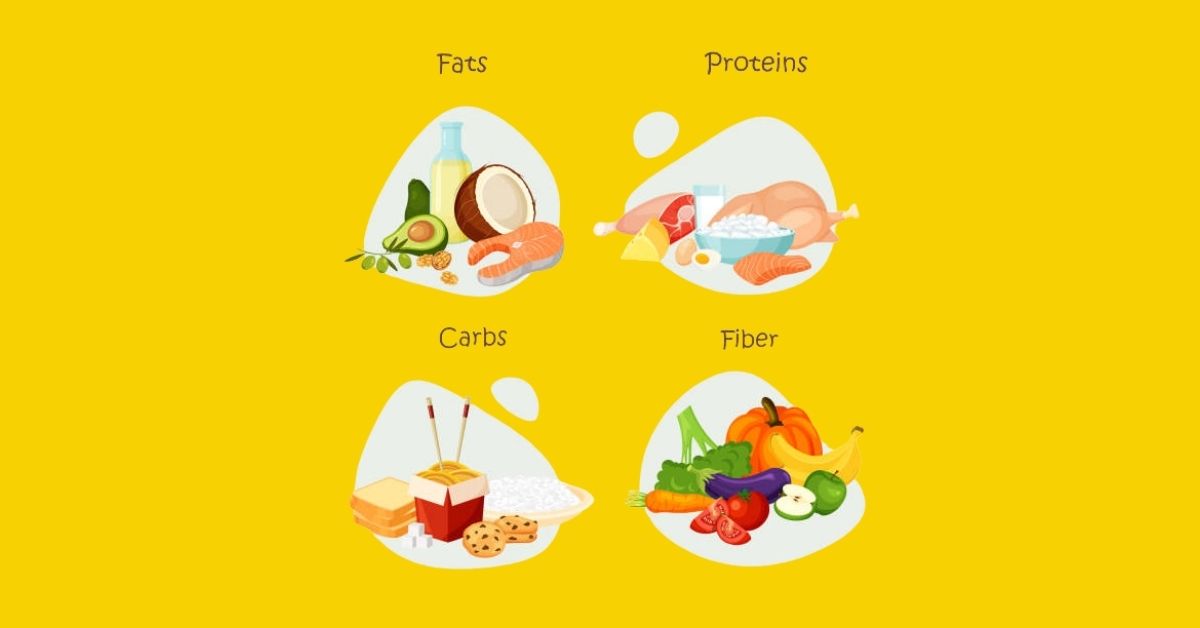The journey from infancy to toddlerhood marks a period of rapid growth and development, making proper nutrition essential for supporting physical, cognitive, and emotional milestones. As toddlers transition from breast milk or formula to solid foods, it is crucial to provide a well-rounded diet that meets their evolving nutritional needs.
This detailed article will delve into the specific nutrients toddlers require and offer a comprehensive diet plan tailored to nourish children aged 12 to 24 months.
Protein
- Protein is essential for muscle growth, tissue repair, and overall development.
- Good protein sources include chicken, fish, eggs, tofu, legumes (beans, lentils), and dairy products (yoghurt, cheese).
Carbohydrates
- Carbohydrates provide the primary source of energy for toddlers’ active bodies and growing brains.
- Select complex carbohydrates found in whole grains (oats, brown rice, whole-grain bread), fruits, and vegetables to promote sustained energy levels and fibre intake
Fats
- Healthy fats are crucial for brain development, nerve function, and absorption of fat-soluble vitamins (A, D, E, K).
- Include sources of unsaturated fats such as avocados, nuts, seeds, olive oil, and fatty fish (salmon, trout) in your toddler’s diet.
Calcium and Vitamin D
- Calcium and vitamin D are essential for building strong bones and teeth.
- Offer calcium-rich foods like dairy products (milk, cheese, yoghurt), fortified
plant-based milk alternatives, leafy greens (kale, spinach), and tofu. - Ensure adequate exposure to sunlight, or consider a vitamin D supplement if
necessary.
Iron
- Iron is critical for oxygen transport in the body and plays a crucial role in cognitive development.
- Include iron-rich foods such as lean meats, poultry, fish, fortified cereals, beans, lentils, tofu, and dark leafy greens in your toddler’s meals.
Vitamin C
- Vitamin C enhances iron absorption and supports the immune system.
- Offer foods rich in vitamin C, such as citrus fruits (oranges, strawberries), kiwi, tomatoes, bell peppers, and broccoli.
Fluids
- Toddlers need adequate hydration to support their active lifestyle and prevent dehydration.
- Offer water throughout the day and limit sugary drinks and fruit juices, which can contribute to dental issues and excessive calorie intake.
Diet Options
During this time of toddlerhood, a toddler can eat half of what their mother eats, so let us understand how we can plan a comprehensive diet plan using the following example.
Breakfast
1) Oatmeal cooked with milk and topped with banana
2) Mixed vegetable poha
3) Paneer Uttapam
4) Omelette
Mid-Morning
1) Slized whole-fruits
2) Muffins or laddus made with whole grains and jaggery (Avoid white sugar) (You can also try dry fruits as a sweetener if your child is not allergic to them)
Lunch
1) Lentil and rice khichdi (add a few drops of ghee) (This makes it complete food with carbohydrates from rice, proteins from lentils and fats from ghee)
2) Vegetable pulao
3) Daliya
4) Roti and Dal or Egg bhurji/Paneer bhurji/soft-cooked boneless chicken
Evening Snack
Cut fruits or vegetables like carrots and cucumber
Dinner
1) Moong Dal soup/ Anu other lentil soup with whole grain cracker
2) Whole wheat pasta with vegetables and homemade sauces
3) Cooked Vegetable florets like broccoli and cauliflower
4) Baked fish with chapatti or cut to small pieces to consume as fish-fingers









